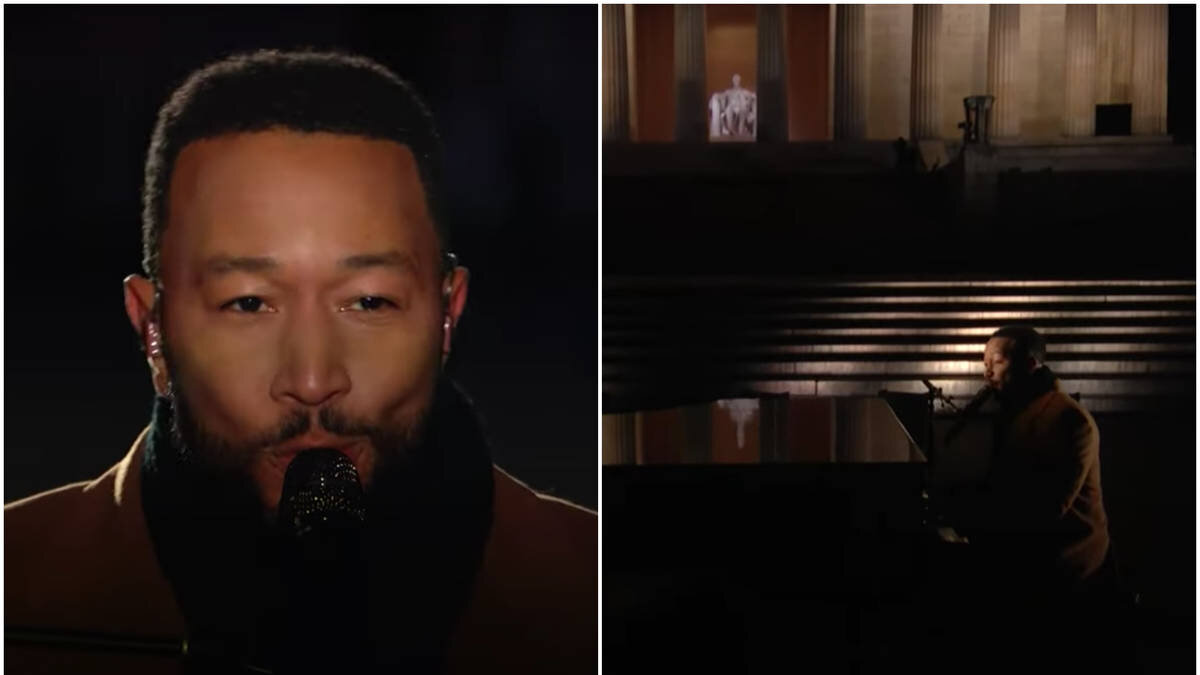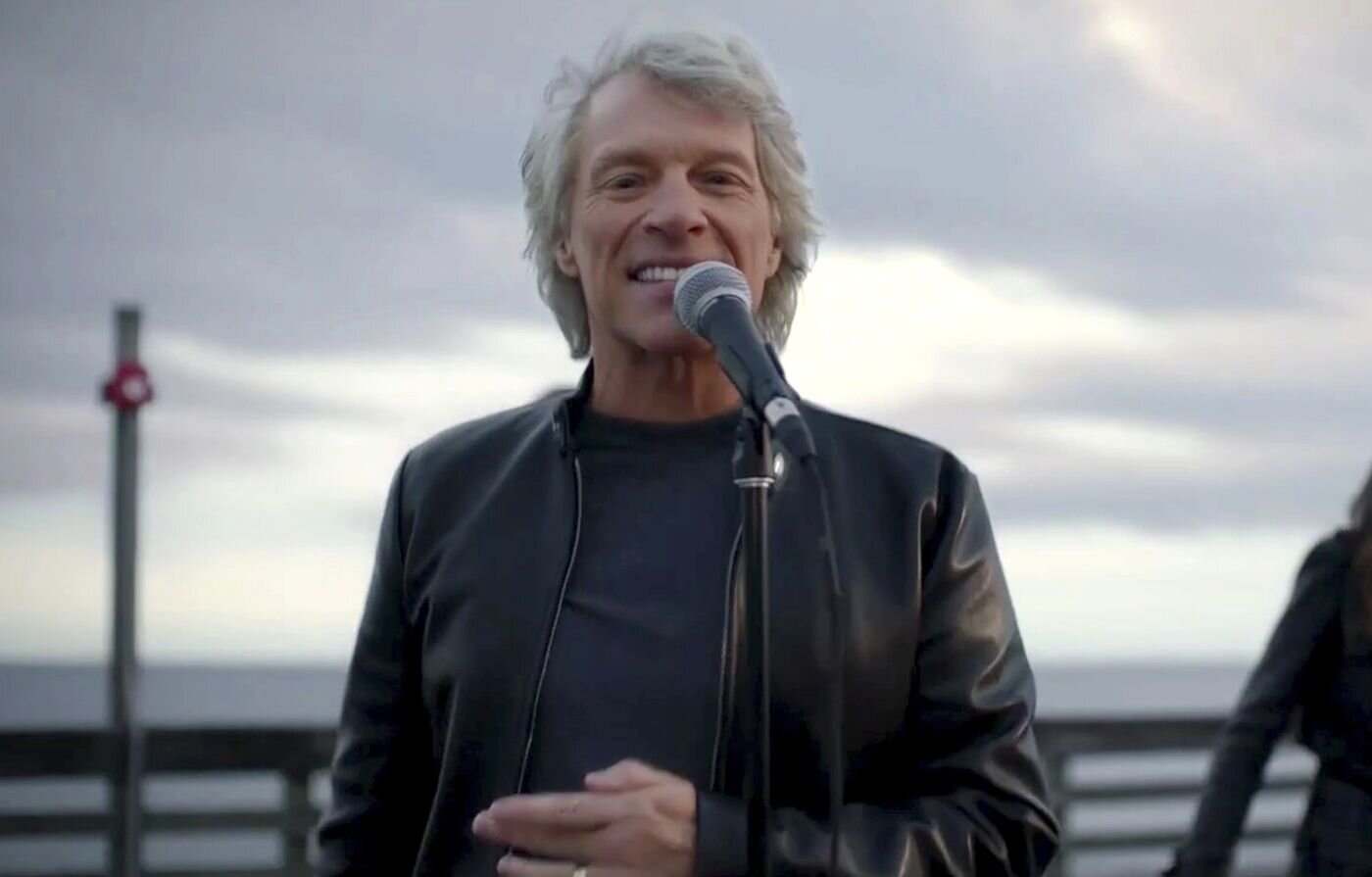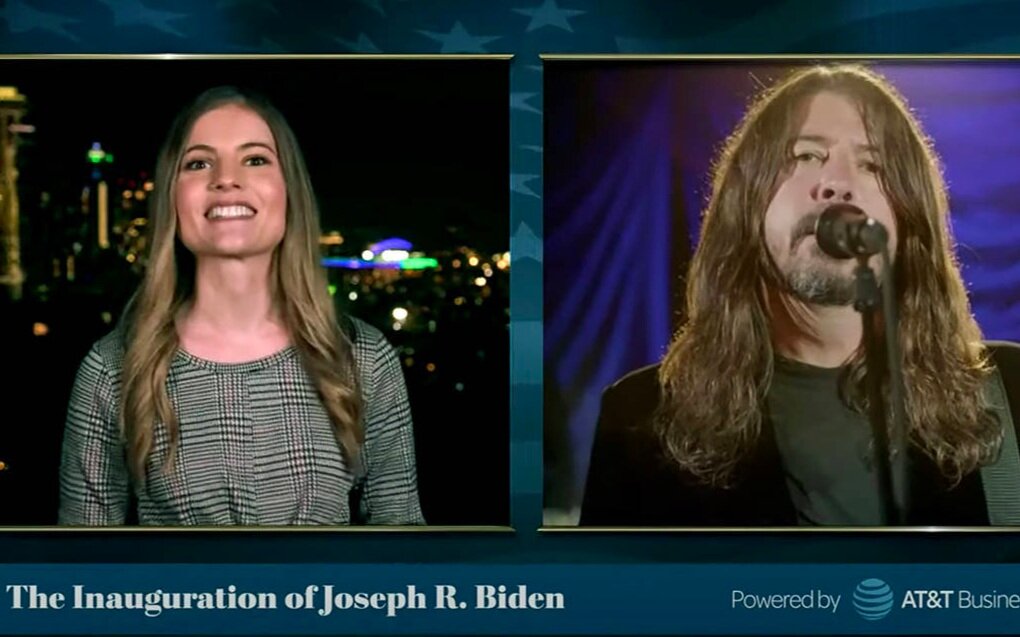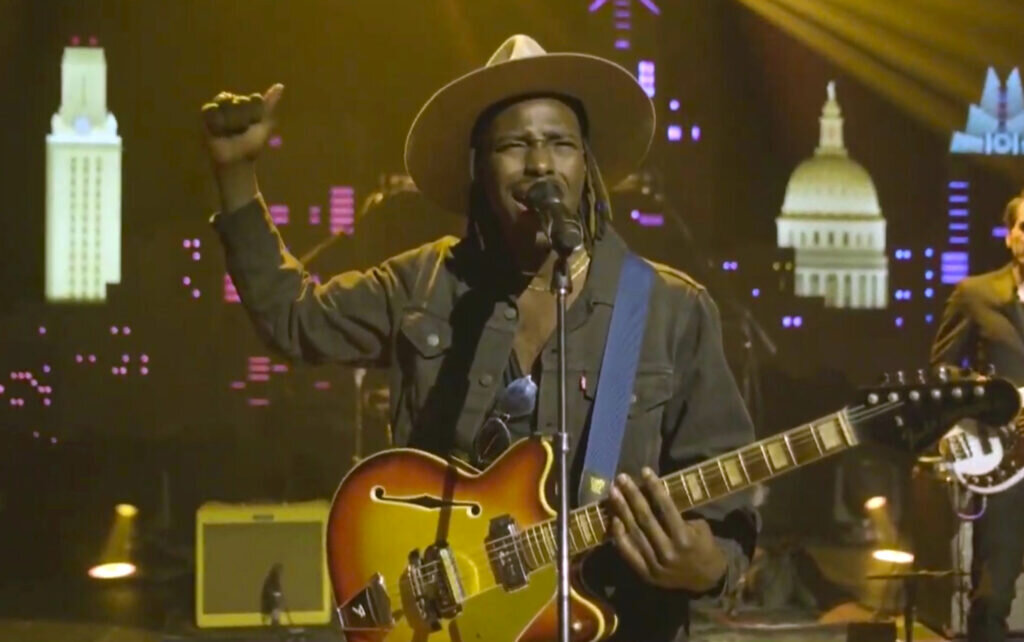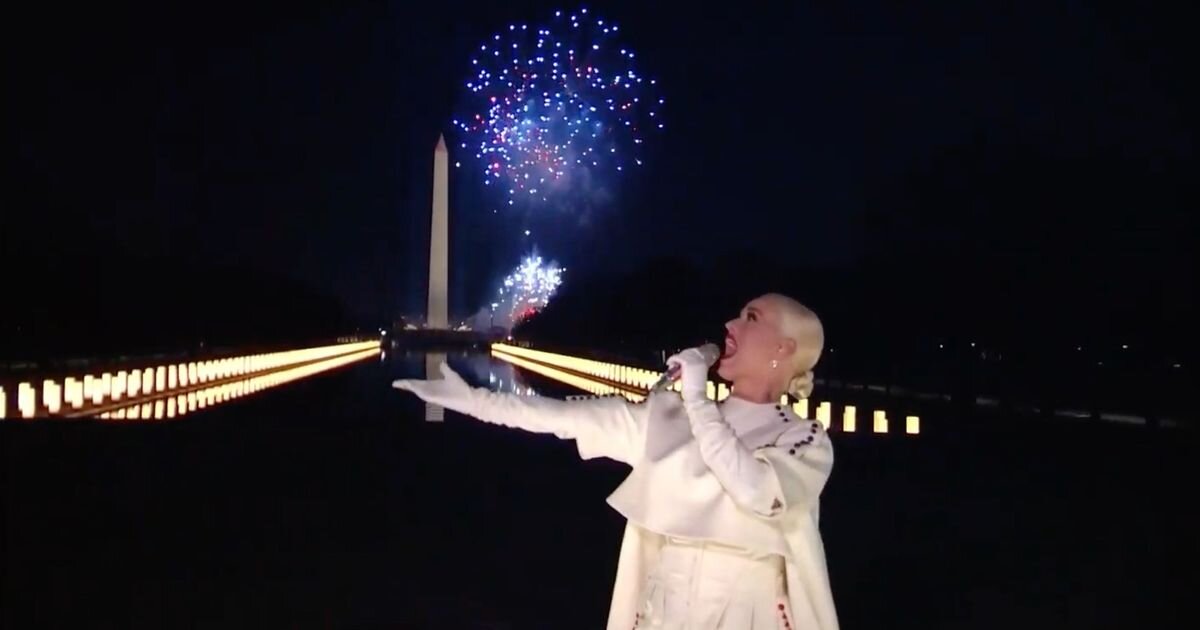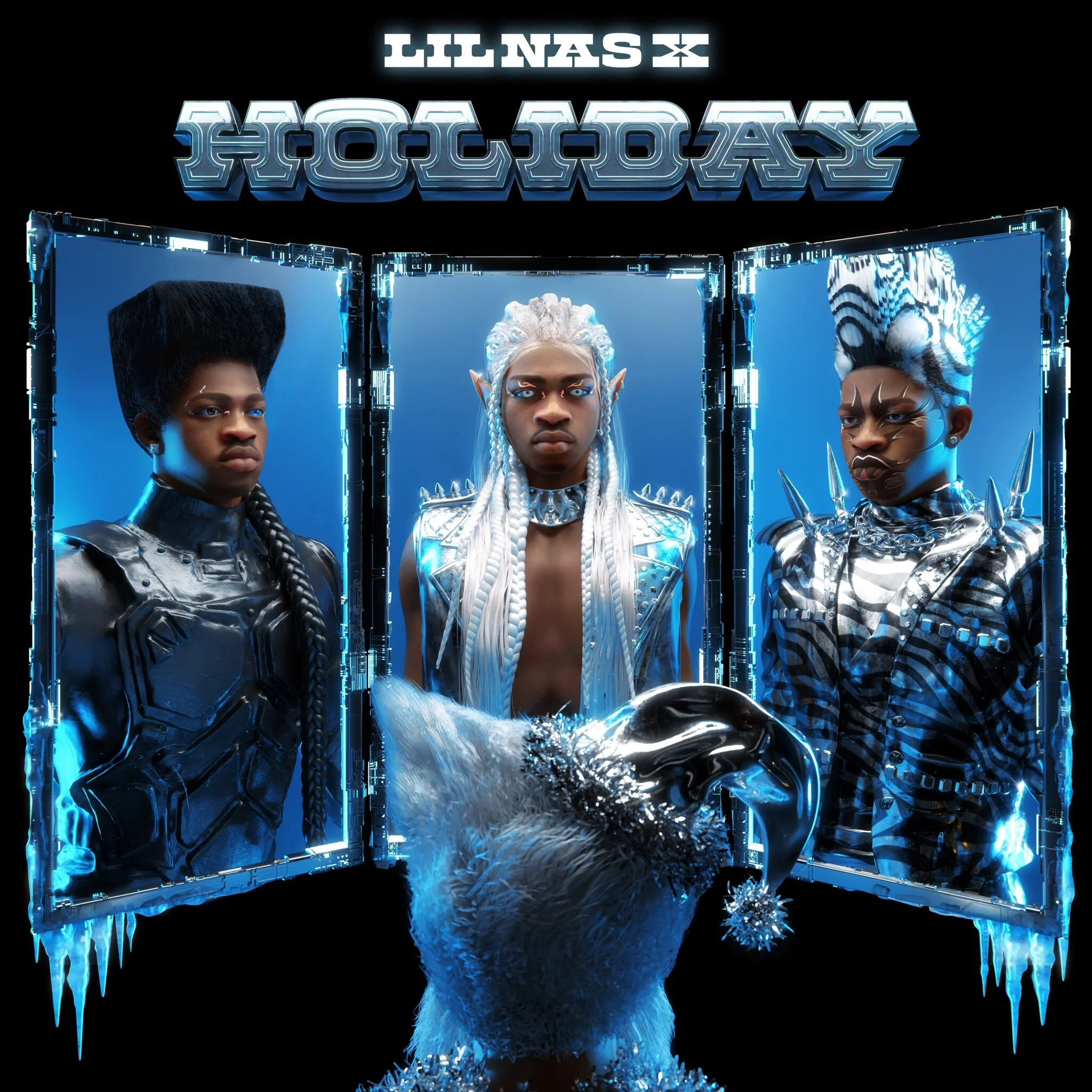"Celebrating America's" Duality: The Messaging Problem with the Inauguration Concert
The inauguration of Joe Biden and Kamala Harris looked a bit different this year due to Covid precautions. One such adaptation to the current public health climate was a virtual musical celebration instead of the historic ball. I was curious about the celebration, but its disjointedness turned me off. While I understand that the planners of this celebration wanted to strike a perfect balance between reflecting on the recent pain and suffering of the country and the turning-of-a-new-page era, they almost completely missed the mark. It was jumbled and didn’t give people a sense of agency or excitement about this next administration. Here are a few reasons why:
The most blatant reason is that a good number of songs didn’t fit the overall message of hope in a refined way. John Legend’s cover of “Feeling Good” and the Broadway stars performing “Seasons of Love” were both spot on because they utilized classic songs that evoke communal feelings in an audience. Seasons of Love even makes a nod to some suffering, and the lyrics (“In truths that she learned, or in times that he cried? / In bridges he burned, or the way that she died?”) fit into the broader idea of an acknowledgment of pain while looking towards the forces of love and unity that can bring “a new dawn, a new day.”
John Legend performing in front of the Lincoln Memorial. Image via
Some pieces that didn’t fit the message at all include Jon Bon Jovi’s cover of “Here Comes the Sun” and Yo-Yo Ma’s cover of “Amazing Grace.” I understand that the Beatles song was meant to play into the message of hope, but it was too upbeat for the moment and was performed very poorly by Jon Bon Jovi. It was awkward, odd, and the setting was not right. Yo-Yo Ma’s cover of “Amazing Grace” maybe could have passed if it hadn’t been done on the inauguration stage, but even then, this is a highly religious funeral song. While “Here Comes the Sun” leaned a bit too much towards the joyous side, “Amazing Grace” leaned too much towards melancholy. The balance between the two is admittedly difficult to pull off, but it could have been done better.
Jon Bon Jovi performing in Miami. Image via
Secondly, the technical framing and sequencing of the entire event was off. For one, the event should have been much shorter. The hour-and-a-half length of the program was way too long and caused many people to lose interest. Plus, the high number of performances contributed to the incoherence of the overall message. Having a shorter celebration would have tightened the theme and would have made sure each song got its fair amount of recognition and appreciation. The whole event looked like a random, jumbled collection of songs with very little thought into how the overall puzzle would look.
For another, Bruce Springsteen shouldn’t have been the first performance of the night. While the performance of “Land of Hope and Dreams” was beautiful, it started the night off slow. It would have served a better purpose if he was in the middle of the program paired with a short memorial to Covid-19 victims. The song is about the promise of freedom in America but also discusses a train that “carries lost souls” to the country, which could have been a powerful representation of those lost to the pandemic.
The sequence of a tribute to teachers followed by Foo Fighters’ “Times Like These” was a good example of framing done right: Dave Grohl specifically mentioned that the song was a tribute to teachers everywhere and referenced the particular teacher spotlighted. Demi Lovato’s cover of “Lovely Day” with healthcare workers playing along in the background also nailed this idea.
Foo Fighters making a tribute to teachers. Image via
While I understood that the technical editing of transitioning to different parts of the country was an attempt at a message of unity, it was messy. It didn’t work. It would have been much more powerful to have all of the performances outside of the Lincoln Memorial, live. This is why Springsteen and Legend’s performances resonated so well. The low-tech editing and beautiful cinematography of the lights on a winter D.C. night is all that is needed to evoke deep feelings within an audience. Jon Bon Jovi’s performance was heavily edited, and the constant panning out to the boardwalk contributed to more confusion. Keep it simple. That’s how you capture an audience.
Bruce Springsteen on the steps of the Lincoln Memorial. Image via
And finally, in an inauguration that claimed to bring together all corners of the country and people from all walks of life, there was a surprising lack of diversity among the performances. The genre was mostly pop, a primarily white-dominated genre. The only Latino music featured was from Bad Bunny and Luis Fonsi, artists who have been on the Top 40 charts in the U.S. for weeks. It was also done in a weird “pass the mic” performance, where an MC only allowed them to sing a portion of the song. It felt rushed, awkward, and as though the planners were just checking off a diversity box. There were also minimal rap/soul/hip-hop songs – one that someone could argue could pass as such was from Justin Timberlake, which was clearly white-washed. The Black Pumas’ “Colors” was the only song that spoke to any sort of diversity of people and boasted black artists. It was obvious that this concert was planned mainly by white people, as in 2018 hip hop actually surpassed rock to become the most popular genre in the U.S. How can you espouse a message of unity and hope under a “president that serves all Americans” when you don’t properly represent all Americans?
Black Pumas performing in Memphis. Image via
I was also shocked by the lack of women’s empowerment in an inauguration that is supposedly celebrating the induction of the first woman Vice President. The only women artists were Demi Lovato, who covered male artist Bill Withers, and Katy Perry, who seemed to have only been included simply because she had a song called “Firework” to go along with the brilliant display. There seemed to be no imprint or recognition of Kamala Harris’ glass ceiling break throughout the celebration. Joe Biden got to choose one of his favorite poems, “The Cure of Troy,” to be read; why was Harris not offered the same choice of a personal touch? In a celebration that seemingly wanted to avoid being tone-deaf, they certainly shot themselves in the foot.
Katy Perry performing “Firework” as fireworks blast in the distance. Image via
The messaging of an inaugural music concert, particularly this one, matters because it’s not just one concert: it’s indicative of the larger messaging issue that Biden struggles with. We saw it earlier on in the day with his speech that was riddled with contradictions. Claiming to be able to unify everyone by talking about the greatness of our country while also acknowledging the pain that has been caused to people, primarily those of color, is an extremely difficult line to walk. It doesn’t seem like Biden has gotten the hang of how to walk it yet, but he’s going to need to learn soon. Effective messaging is the key to effective governing.
Cover image via


